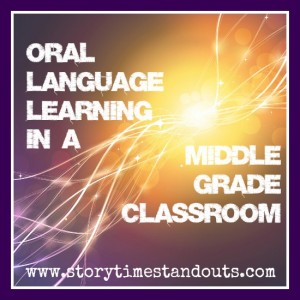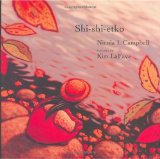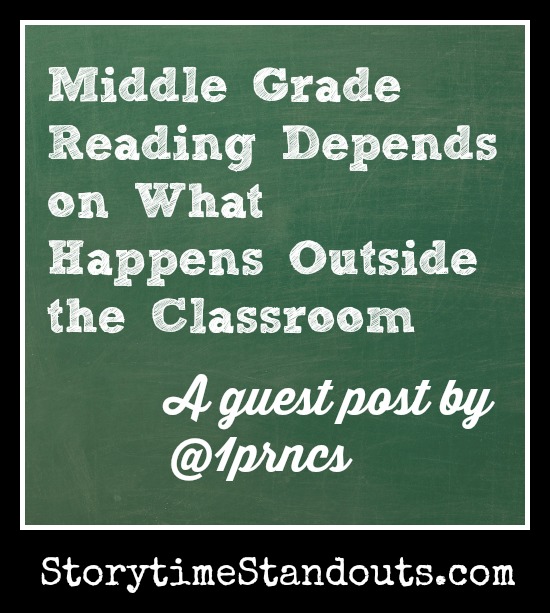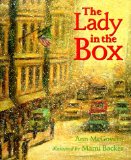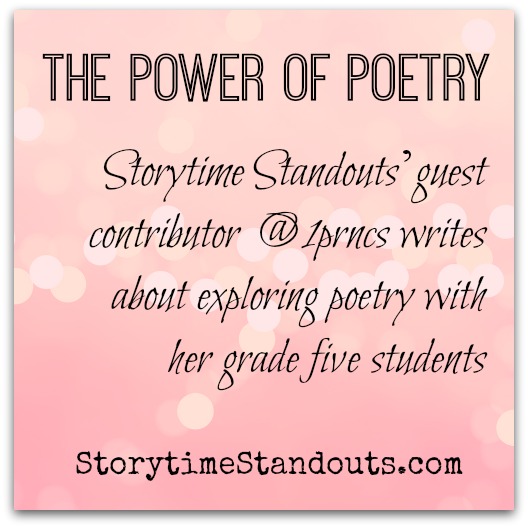Oral Language Learning in a Middle Grade Classroom
Having students talk to each other is a great way to keep them engaged in a lesson. They love to do anything that involves chatting with their friends and neighbors. There are a number of great oral language tools to get kids sharing information, including AB partners, walk and talk, whip around, and sentence frames. I tell my students that in order for us to process what we are learning, we need to make a connection between our brains, our mouths, and our hands. Basically, we need to think it, say it, and write it. Not all students need each of these steps to process, but they are beneficial to all learners. Though not every lesson can include talk time or partner time, oral language learning can still play a large role. During a vocabulary lesson on adjectives today, the students struggled to understand the concept and use the words in different types of sentences. Writing it down wasn’t working for them, even though there were clear examples and we had gone over the work. Asking the students to take a break from the writing, we simplified. I asked the kids to repeat the words after me. Most do this with that monotone-couldn’t-be-more-bored voice. That drives me crazy! So, I told them that when they repeated the word back to me, they had to yell. They were happy to comply. Then we whispered them, broke them into syllables, drew them out as l-o-n-g as we could, and finally, said them as quickly as we could. When it came time to use these words in three types of sentences, declarative, interrogative, and exclamatory, the kids really enjoyed repeating one sentence in the different ways. All of this only added about 5 minutes to my lesson but it changed the overall tone. No, everyone didn’t suddenly LOVE learning adjectives, but they were able to play around with the words a little more and build different sentences. I heard them saying their sentences to their neighbors in different ways.
We know oral language is an essential element in the curriculum. Sometimes though, I forget how truly powerful it can be. My husband is taking a course on Teaching English as a Second Language. To give himself a better understanding, he observed an ESL lesson today. He said that he was very impressed with the tone of the room and the way the students conversed with each other. We might feel like we have too much curriculum to get through to allow the kids so much talk time, but his observation of the ESL class further reminded me of the value of these conversations. Not just for ESL learners, but for all learners. Their ability to have strong verbal interactions with peers influences their writing, their reading, and their confidence. In the early years, we place a huge emphasis on oral language, but I think it’s important that we continue this trend in the upper grades as well. Letting the kids play around with the words, be expressive, and even be silly, lets them make stronger connections to what they are learning and increases their retention.
Learning, growth, and assessment comes in many forms. It doesn’t have to be pen and paper. Listening to your students interact with each other in both formal and informal ways can provide you with new insight into their strengths, their weaknesses, and their point of view. Knowing your students well is part of keeping them motivated and engaged. What better way to get to know them, than through the art of conversation?


